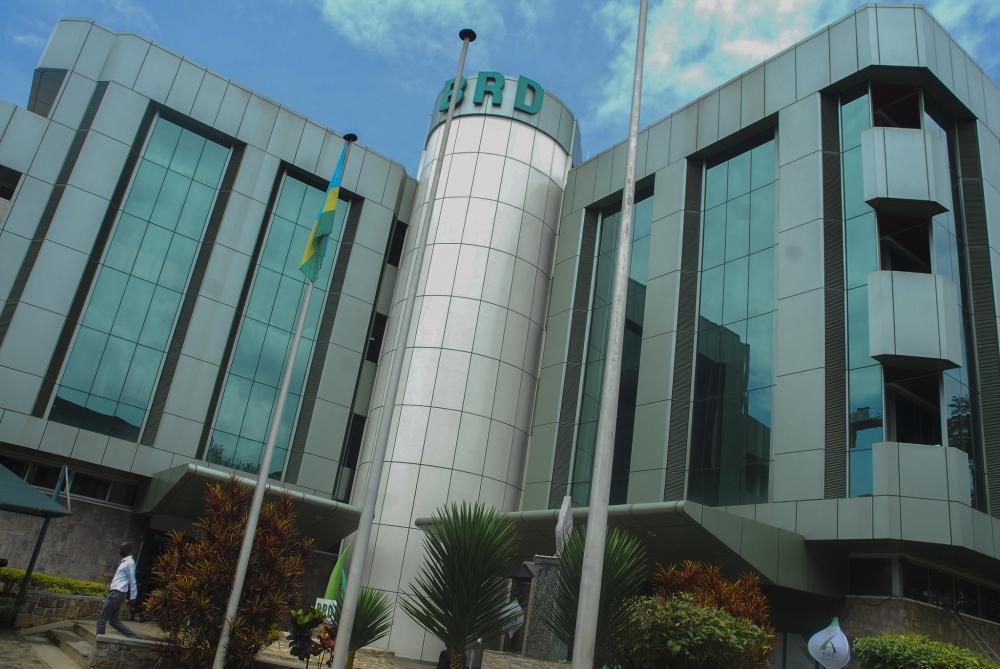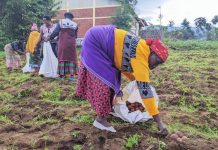Africa-Press – Rwanda. As Rwanda charts a path toward carbon neutrality by 2050, one question has emerged: Can carbon credits be used as collateral to unlock new streams of investment for climate-focused entrepreneurs?
For Jean Claude Uwizeye, Vice Chairman of the Energy Private Developers Association, the answer is yes, but not yet in practice.
“Carbon credits can be used as collateral, but Rwanda’s current banking regulations are not flexible enough to accommodate them,” Uwizeye said during a recent session with the Senate Committee on Economic Development and Finance.
“We’re asking the Senate to advocate policy adjustments that will allow entrepreneurs to approach any bank with projected carbon credits and have them accepted as security for loans. This would channel funds into projects that protect the environment.”
Carbon credits are tradable certificates representing the reduction of one tonne of carbon dioxide emissions. In global markets, these credits can be sold to companies looking to offset their carbon emissions, creating an opportunity for climate-conscious businesses to monetize environmental gains.
Monica Keza, Country Director of DelAgua Rwanda, a company designing and implementing large-scale carbon projects, agrees that carbon financing holds a huge potential for fund mobilisation.
“Carbon markets have become one of the most innovative ways to raise money for green initiatives,” Keza said.
“At DelAgua, we earn credits from our clean cooking projects and sell them on the market. There is absolute potential to use these credits as collateral. With the right frameworks, manufacturers could even raise funds without ever needing to approach banks.”
However, that potential remains largely theoretical in Rwanda, where regulatory and awareness gaps continue to limit uptake. Lawmakers and financial leaders alike are recognizing the need to act.
“Stakeholders in carbon markets must be better educated about how this system works, this is critical if we want the concept of loaning against carbon credits to be applied correctly and effectively,” said Senator Laétitia Nyinawamwiza.
Senator Alexis Mugisha highlighted the environmental and economic benefits of empowering entrepreneurs in this sector.
“Green projects deserve low-interest loans, if entrepreneurs can access affordable credit, they can sell their products like improved cook stoves at lower prices,” he said.
“This directly benefits the people and protects the environment.”
The Development Bank of Rwanda (BRD), a key player in Rwanda’s green financing landscape, is also exploring how to incorporate carbon finance into its lending strategies.
“This is something we need to discuss,” said Philbert Dusenge, Project Coordinator for the EAQIP clean cooking results-based financing program at BRD.
“There’s still a knowledge gap among entrepreneurs, and we need a coordinated unit to bring stakeholders together and align our strategies. As a regulated bank, BRD must also engage with the National Bank of Rwanda before moving forward.”
BRD assesses loan applications on a case-by-case basis, guided by national frameworks and a rigorous checklist of requirements, Dusenge said.
While the use of carbon credits as collateral is not new globally, in Rwanda, it’s still a concept under development.
“We’re not rejecting the idea, but projects must meet all financial and technical criteria. There’s potential but we need awareness, regulation, and partnership to make it work,” he emphasized.
According to the UN Climate Change body, countries such as China, New Zealand, Canada, and some in the EU are already examining how carbon credits can support lending mechanisms.
Rwanda’s commitment to climate resilience and its newly established carbon market framework may soon provide a gateway to join this movement.
Senator Fulgence Nsengiyumva, Chairperson of the Senate Committee on Economic Development and Finance, emphasized the role of proactive institutions in driving change.
“BRD must not wait for clients to come, it should be out there scouting for viable climate projects,” Nsengiyumva said.
“We need a ‘banque des projets’ approach where the bank identifies and supports transformative green initiatives, rather than waiting passively.”
For More News And Analysis About Rwanda Follow Africa-Press






